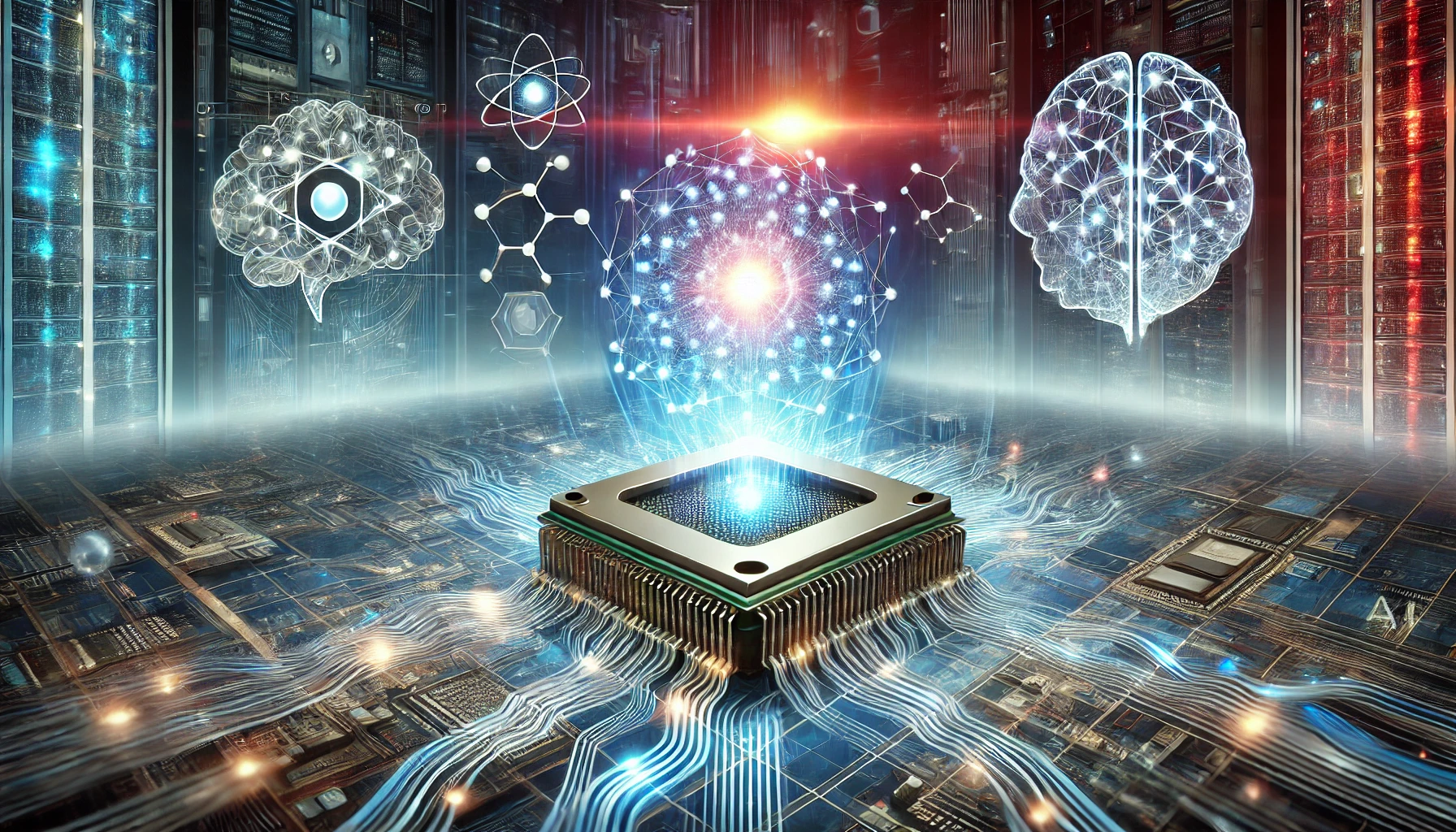The convergence of quantum computing and artificial intelligence (AI) is ushering in a new era of technological advancements. Quantum AI leverages quantum mechanics to process complex computations at speeds far beyond classical computers, enhancing machine learning, data analysis, and decision-making capabilities. This fusion has the potential to revolutionize industries, from pharmaceuticals to finance, by solving problems that were previously intractable.
How Quantum Computing Enhances AI
Quantum computers operate differently from classical computers, utilizing qubits instead of bits. These qubits can exist in multiple states simultaneously (superposition) and interact with one another (entanglement), allowing for exponentially faster computation. In AI applications, quantum computing can provide:
- Accelerated Machine Learning
- Quantum-enhanced neural networks can process vast datasets more efficiently.
- Faster optimization of AI models reduces training time and energy consumption.
- Advanced Pattern Recognition
- Quantum AI can identify hidden patterns in large, complex datasets.
- Applications include fraud detection, medical diagnosis, and climate modeling.
- Improved Decision-Making
- Quantum algorithms allow AI to analyze multiple scenarios simultaneously.
- Financial markets and autonomous systems benefit from real-time risk assessment and adaptation.
Real-World Applications of Quantum AI
Several industries are already exploring Quantum AI to gain a competitive edge:
- Healthcare: Quantum computing is accelerating drug discovery by analyzing molecular structures faster than classical computers.
- Finance: Quantum AI enhances portfolio optimization, fraud detection, and risk analysis.
- Cybersecurity: Quantum encryption improves security protocols, making AI-driven systems more resilient.
- Logistics: Quantum AI optimizes supply chain management by evaluating vast logistical variables simultaneously.
Challenges and Future Outlook
Despite its promise, Quantum AI faces several hurdles:
- Hardware Limitations: Quantum computers are still in their early stages and require significant advancements in stability and scalability.
- Algorithm Development: New quantum algorithms must be designed specifically for AI applications.
- High Costs: The infrastructure required for quantum computing remains expensive, limiting accessibility.
However, with tech giants like Google, IBM, and Microsoft investing heavily in quantum AI research, breakthroughs are expected in the coming years. As quantum hardware matures and becomes more commercially viable, Quantum AI could redefine computational capabilities and push the boundaries of what AI can achieve.
The fusion of Quantum Computing and AI represents a paradigm shift in technology. By harnessing the principles of quantum mechanics, AI systems can analyze data faster, improve decision-making, and unlock new possibilities across various industries. While challenges remain, the ongoing advancements in Quantum AI signal a future where artificial intelligence operates at an unprecedented level of efficiency and power.




